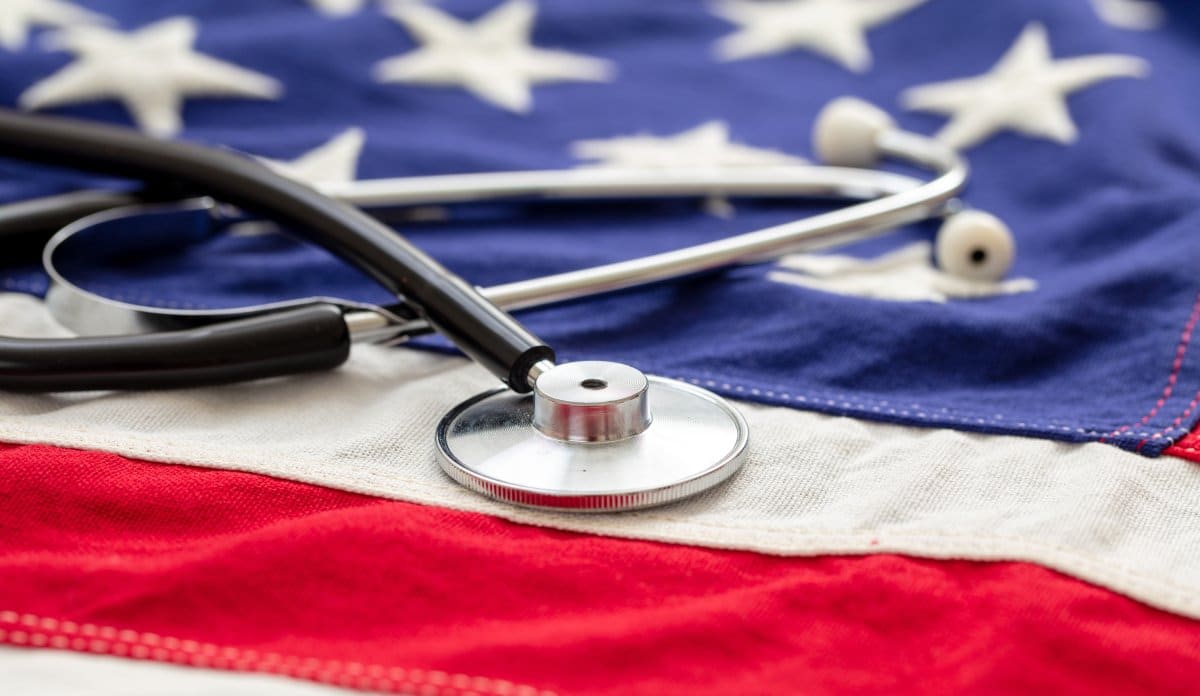The increasing financial burden of healthcare is putting many Americans in a tight spot. A recent survey unveils a stark picture of the struggle faced by individuals to pay medical bills, revealing a deep-seated problem that extends beyond mere affordability.
A Comprehensive Study
A 2024 Healthcare Financial Experience Study conducted by Cedar delves into the reasons why Americans find it challenging to pay their medical bills.
Over 1,200 U.S. adults aged 26 and above participated, all responsible for healthcare decisions and bill payments for themselves or dependents.
The Affordability Crisis
The survey’s results highlight significant concerns among respondents regarding the affordability of settling medical bills. A substantial 72% of those surveyed identified affordability as the primary hurdle they face in managing their medical expenses. Moreover, nearly half, or 48%, reported that they had experienced an increase in healthcare costs over the past year.
As they look ahead, approximately 59% of participants expressed worries about their ability to afford medical expenses in the coming year. 23% of respondents admitted they wouldn’t be able to afford an unexpected medical bill exceeding $250. An additional 15% indicated that they couldn’t handle any unforeseen medical costs at all.
The financial strain becomes even more apparent when considering that one-fifth of the participants had unpaid medical bills simply because they couldn’t afford to pay them. This situation was further exacerbated by the fact that 25% of respondents had unpaid medical bills that had been sent to collections.
The impact of these challenges on individuals’ health and well-being is striking. Nearly half of the respondents noted that difficulties in paying medical bills had negatively affected their health or well-being. Furthermore, 58% found the act of paying medical bills to be a source of stress, and 55% felt stressed trying to understand their medical expenses.
Payment Coordination Issues
Reconciling billing issues between providers and insurers proved extremely stressful for 37% of respondents, underscoring the urgent need for enhanced communication within the healthcare system.
A significant 78% of those surveyed regarded payment coordination as a crucial factor in their satisfaction with insurers, highlighting its pivotal role in the healthcare experience. Additionally, 69% of respondents believed that payment coordination would influence their recommendations when it comes to healthcare providers.
Interestingly, one-third of the participants expressed feelings of lacking control over their healthcare finances, shedding light on a broader sense of uncertainty and instability within the healthcare landscape.
Moreover, 31% of the respondents found it challenging to understand their healthcare benefits and bills, with 23% experiencing stress during the process. This complexity further compounded the issue, as 40% admitted they would refrain from payment if confused about coverage or payment methods, while 28% delayed payments due to similar confusion.
Seeking Better Pricing
Among the survey participants, half expressed a desire for cost estimates before receiving medical services, highlighting the potential to encourage more price-conscious decisions.
Interestingly, a significant 63% of respondents appeared uncertain about the availability of financial aid options, with only 36% having taken advantage of such assistance when faced with medical bills.
Furthermore, 52% of those surveyed admitted feeling uncomfortable accepting financial assistance, possibly reflecting a social stigma associated with seeking help. Additionally, 13% of respondents found themselves unable to pay a medical bill due to a lack of accessible financial aid options, shedding light on the challenges faced by a notable portion of the population.
In a positive turn, 73% of the participants expressed a willingness to consider payment plans or financing options when dealing with substantial medical bills, potentially easing the financial burden.
Moreover, 57% indicated that a provider’s discount options could influence their decision to use their services, underlining the importance of pricing strategies in healthcare.
Leveraging Technology for Assistance
The study suggests that healthcare providers could use digital tools to improve access to financial aid, making the process less cumbersome for both patients and staff.
The findings underscore a critical need for systemic changes to alleviate the financial burden and stress faced by Americans in managing healthcare costs, highlighting opportunities for providers to step in and offer solutions.
The post Healthcare Costs Overwhelm Americans: A Rising Crisis in Affordability and Billing Stress first appeared on Edge Media.
Featured Image Credit: Shutterstock / rawf8.

